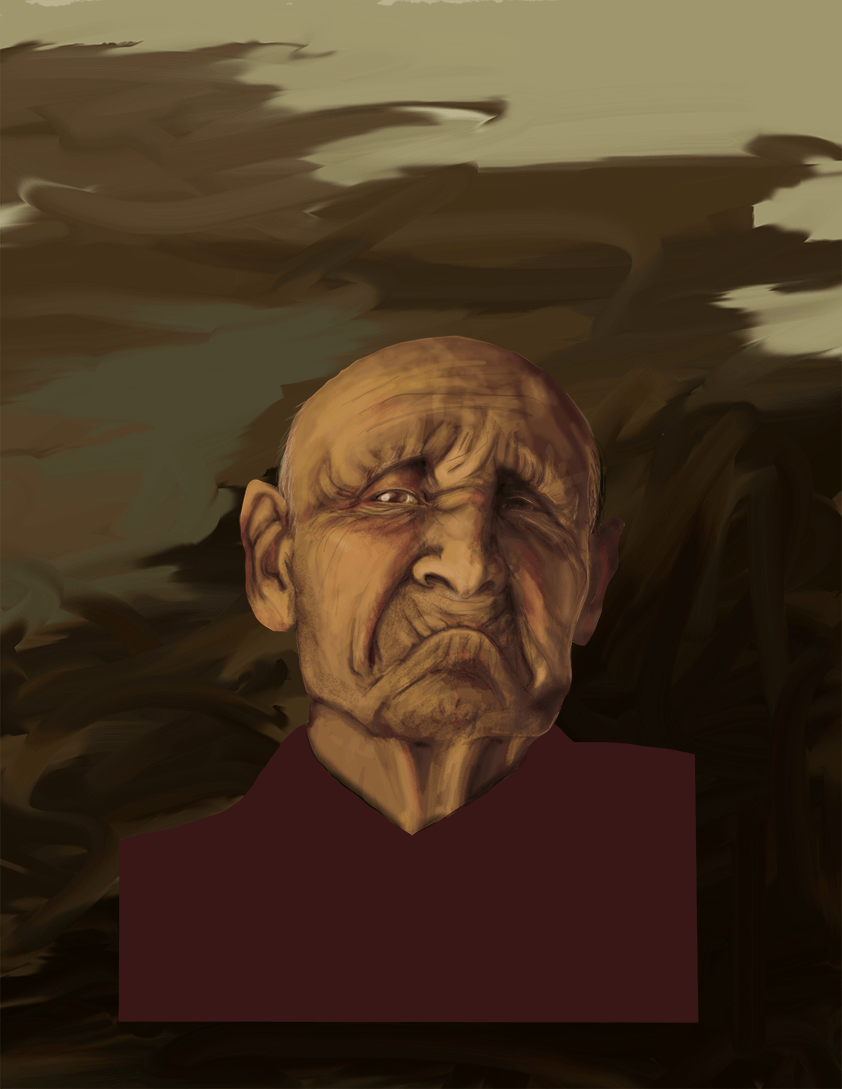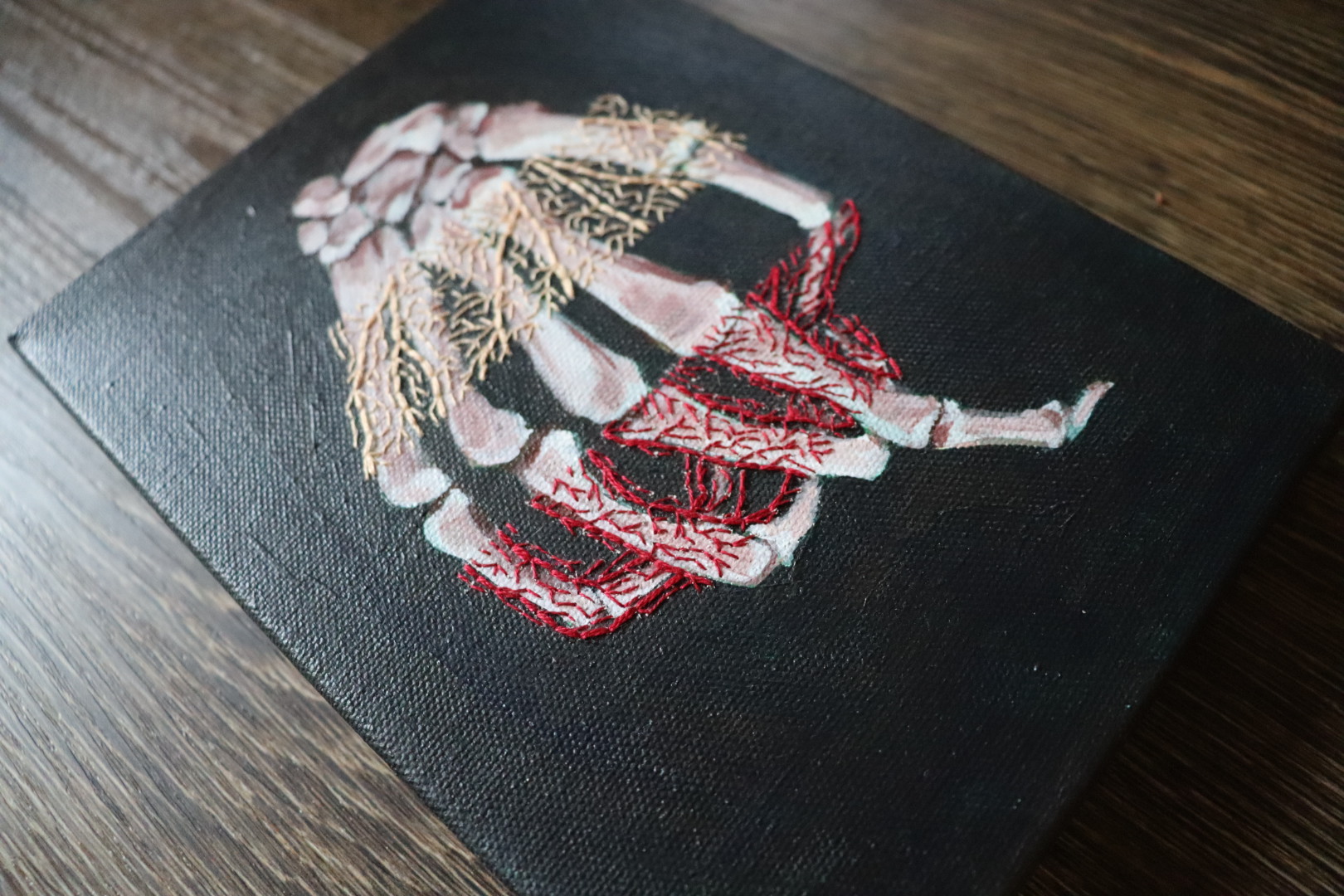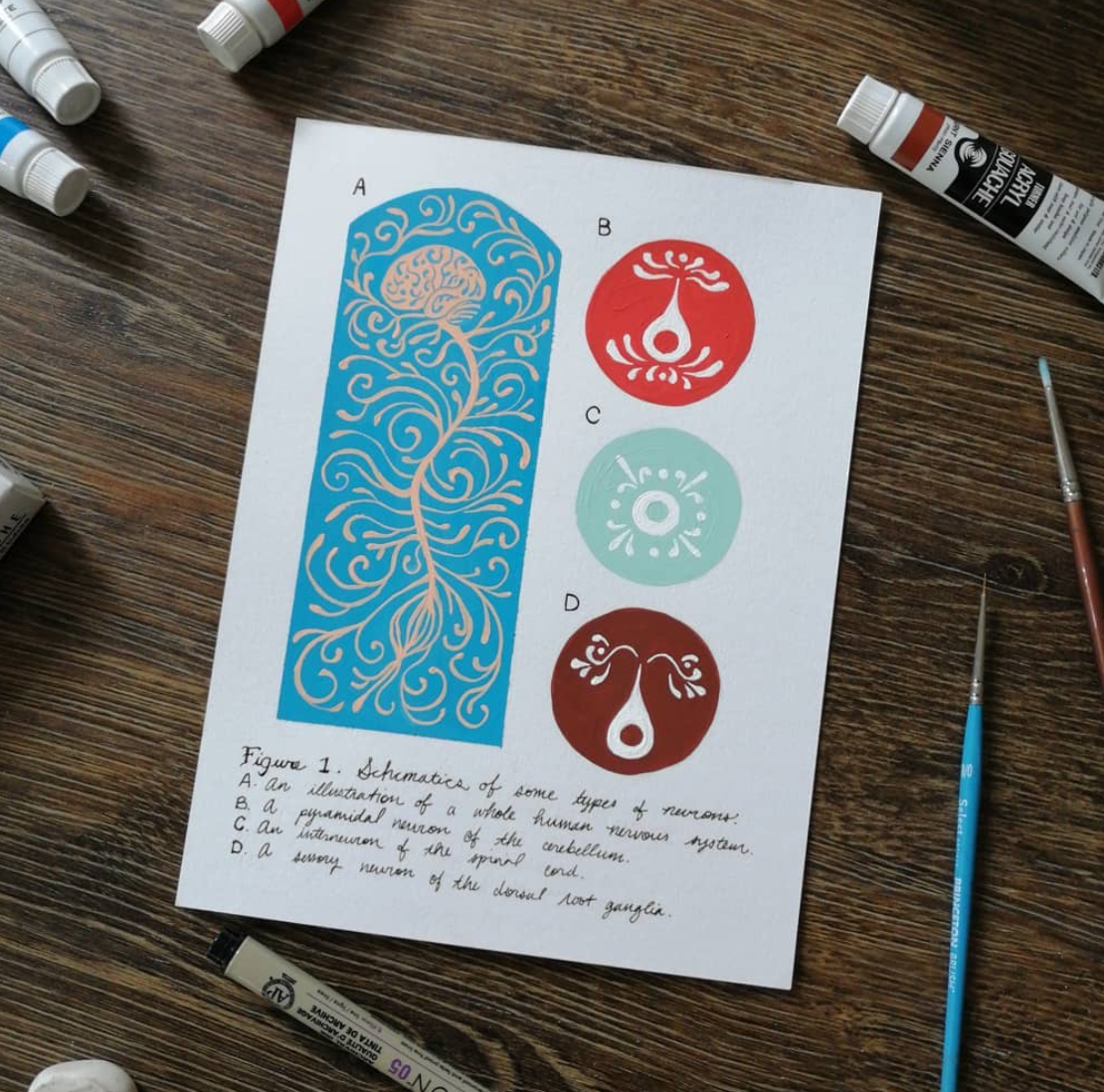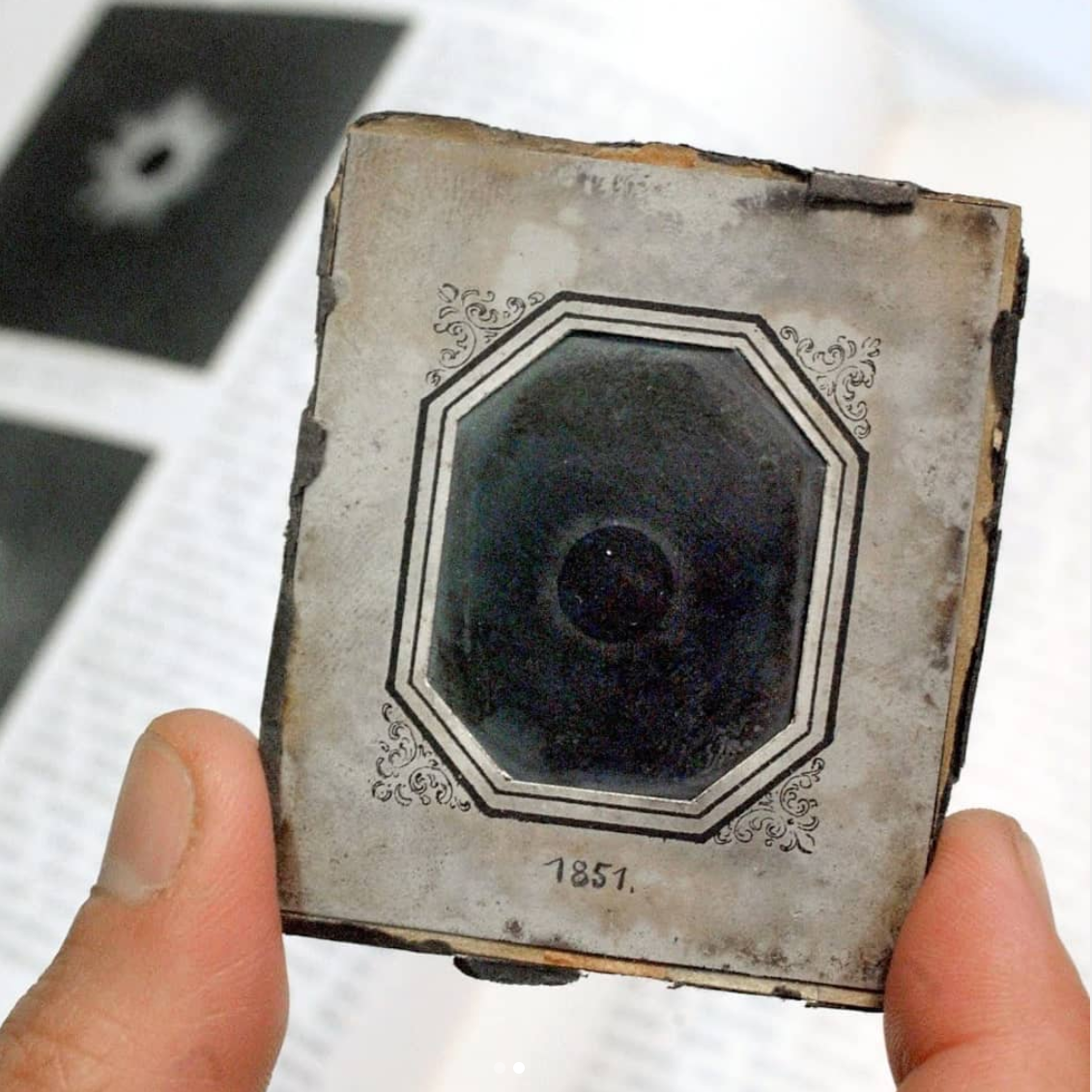When I read about researchers from a century ago, it seems like they all knew each other: Ivan Pavlov (Russian physiologist who described classically conditioning a bell to dog food, published in 1897) attended a university where Dmitri Mendeleev (Russian chemist who published the first familiar periodic table in 1869). Charles Darwin was still alive […]
My undergrad instructors would tell stories of dipping their whole arm, uncovered, into tubs of formalin. They said that the worst part was the smell, but there may have been other harmful effects that originally went unnoticed. While there are many uses for formaldehyde, especially formaldehyde since it’s a precursor to many types of resins […]
In the last decade, a heated discussion about the distinction between sympathetic and parasympathetic nervous systems errupted. These are commonly known as the “fight or flight” versus the “rest and digest” systems with roles like increasing or decreasing heart rate and pupil size (background on the divisions of the nervous system below). For about a […]
I previously wrote about an instance when science has shaped racism for the worse. I also mentioned that academics and academic institutions have been relatively passive about the current BLM movements. Perhaps people are still grasping onto the belief that science is free of racism, but here are some current examples of blatant racist remarks […]
It’s weird (and embarrassing) seeing academics remain mostly silent when it comes to racism in science. Perhaps we think that we’re smart enough to be free from prejudice. Or maybe they don’t see an issue since they haven’t experienced it. Whatever the reason, science not only is shaped by racism, but it also sometimes molds […]
We obviously now know to stay away from radioactive materials – people know not to eat too many bananas because eating many millions of bananas can give you radiation poisoning. But radium, discovered in 1898 by Marie and Pierre Curie, was a health fad in the 1920’s. Like how kombucha is popular now, there were […]
The first image of a total solar eclipse was taken in 1851 (169 years ago). Daguerreotypy was used to capture the moment – a process that involves a copper plate with silver on it that is made light sensitive, exposed to light in camera, developed, then preserved. All sorts of chemicals were used and the […]
Last year, PBS released a documentary about James Watson (American Masters: Decoding Watson). Watson received a Nobel Prize in 1962 with Francis Crick for their contribution in discovering the structure of DNA. This documentary has left many researchers very angry because Watson is filmed discussing his perspectives on the intellectual differences between ethnicities. (The director […]
Many biology classes mention Luigi Galvani’s experiment from 1781 where he electrically stimulated an amputated frog leg, which made the leg twitch. This was revolutionary because it linked electricity to movements and life. What they don’t tell you in these classes is that: During this time, many scientists believed that a psychic fluid in our […]









Recent Comments